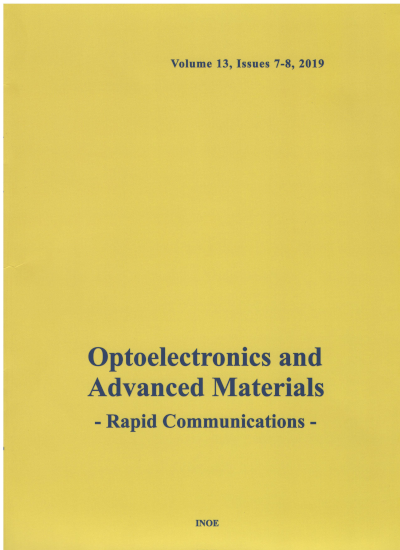Abstract
The effect of Ni on the interface of ε-Cu precipitates in bcc-Fe matrix was investigated by first principles calculations, and the followed interfacial binding was discussed as well. The result indicate that, when Ni segregate at the bcc-Fe/ε-Cu interface, the electrons around Ni increase, and the interfacial bonding is mixed with ionic nature; at the meanwhile, the charges around the Ni distorted directions toward its neighboring atoms are enhanced. Due to the changes of the electronic structure in the system, the ideal work of adhesion of the interface increases, which means the interface with Ni segregation is more stable than the Ni free one. The calculations of the quasistatic ideal tensile strength show that the tensile strength of the interface is somewhat lower, but the plastic is enhanced, which means that the toughness of the interface is improved significantly due to the Ni segregation..
Keywords
First-Principles, Cu-precipitate, bcc-Fe, Ni segregation.
Citation
HAIYAN WANG, XUEYUN GAO, HUIPING REN, BAOWEI LI, ZONGCHANG LIU, First-principles study of the effect of Ni segregation on the interface of bcc-Fe/Cu-precipitation, Optoelectronics and Advanced Materials - Rapid Communications, 9, 9-10, September-October 2015, pp.1260-1263 (2015).
Submitted at: June 4, 2014
Accepted at: Sept. 9, 2015
